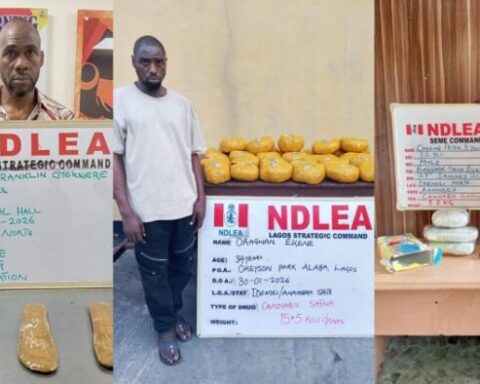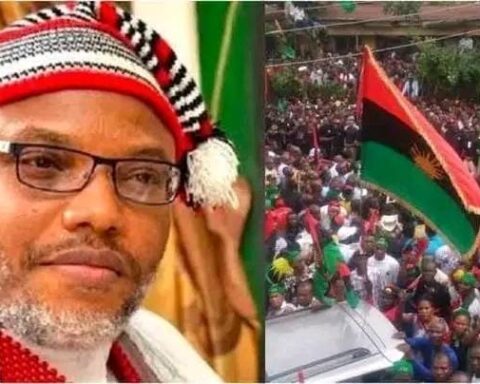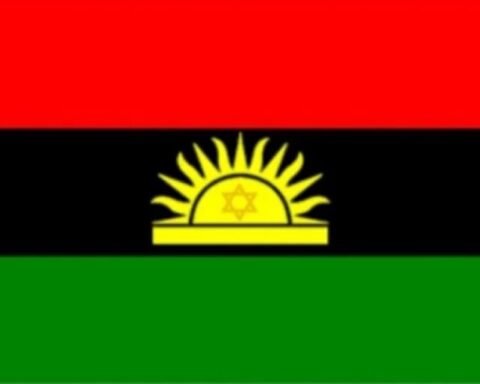Under President Bola Tinubu, out of 23 top strategic security roles in Nigeria, the Southeast and South-South regions secured only one each, while the Southwest and three Northern zones filled the remaining 21. Notably, the Northwest received eight positions, with the Southwest following at five. This distribution, disclosed by Tinubu’s Special Adviser on Public Communications, Sunday Dare, aims to address allegations that Tinubu favors the Yoruba ethnic group but inadvertently highlights the underrepresentation of the Southeast and South-South regions.
According to the list Dare shared, the Northwest holds the most appointments with eight, trailed by the Southwest (five), North Central (four), and North East (three), leaving the Southeast and South-South with just one position each. Dare presented the data to counter claims of Yoruba favoritism, stating, “Facts do not lie. Below we see laid bare the facts about the regional outlook of President Tinubu’s appointments within 20 security agencies. The label of him favoring Yorubas in the security setup does not fit.”
Following the recent appointment of Major General Olufemi Oluyede as Acting Chief of Army Staff, social media critics accused Tinubu of “Yorubanizing” Nigeria. Oluyede’s appointment to act in place of Chief of Army Staff, General Lagbaja, who is away on medical leave, intensified debates about Tinubu’s perceived ethnic bias in federal appointments.
Afenifere, a pan-Yoruba socio-cultural group, warned President Tinubu about his apparent bias towards the Yoruba in federal roles. In a statement from its leader Ayo Adebanjo and National Publicity Secretary Justice Faleye, the group criticized Tinubu’s appointment patterns, stating that such tendencies threaten Nigeria’s inter-ethnic harmony.
“We can never condone Tinubu’s outrageous bias in appointing Yorubas to head all branches of the criminal justice system, economy, and security forces,” the statement read. “Afenifere cannot stand against Fulani dominance only to support a Yoruba hegemony. We supported Peter Obi in the last election, led by Akin Osuntokun, as a show of our stance against ethnic biases. True to our name, Afenifere, which stands for the good of all, we cannot support undemocratic practices or any government that has driven millions into poverty within its first year through anti-people policies.”
Afenifere’s stance highlights their disapproval of Tinubu’s perceived regional bias, despite his long-standing relationship with the group since his 1999 election, and underscores their commitment to inclusive governance.


























